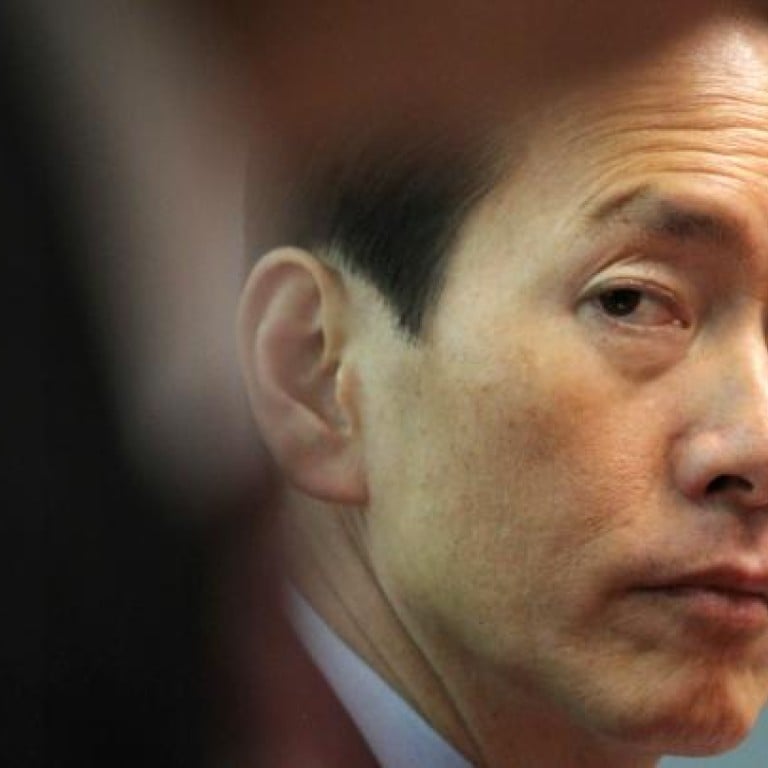
Bernard Chan says 2017 election may require leap of faith from Beijing
Bernard Chan says that it would be counterproductive for Beijing to put too many obstacles in path of 2017 election
Executive Councillor Bernard Chan conceded yesterday that it would be difficult for a pro-establishment candidate to win the 2017 chief executive race with a proper mandate should Beijing put too many obstacles in the way of pan-democrats joining the first election under universal suffrage.
In an interview with the , he nevertheless expressed confidence that Hongkongers would not elect a leader who was unable to communicate with Beijing.
Chan, himself seen as a possible contender, said the openness of the nomination system for the election might depend on whether Beijing would take the risk and trust Hong Kong people.
His remarks followed those by National People's Congress Law Committee chairman Qiao Xiaoyang on Sunday, which triggered concerns that pan-democrats would be filtered out.
Qiao said those "who confront the central government" would be ineligible to stand and candidates had to be nominated by a newly formed nominating committee "as a whole", instead of by individual committee members as previously.
Chan said the election winner also needed to gain a mandate from society.
"This is a dilemma," he said. "In view of the present situation, [a chief executive] with a mandate may not necessarily be able to govern well, let alone someone with a weak mandate.
This is a dilemma. In view of the present situation, [a chief executive] with a mandate may not necessarily be able to govern well, let alone someone with a weak mandate
"What we need is a convincing system, but not one that bars some people."
He hoped that the future leader would have a mandate that would not be challenged.
"The biggest problem is whether the winner can really obtain the mandate to govern. Even if someone is elected by one-man, one-vote but keeps being discredited by others, it will be miserable, like the present situation," he said. "How can governance be improved? Could it be helped through a proper mandate? I hope so."
Chan also asked whether the 2017 election would be the "end game" of political reform.
"Before it reached the 'universal suffrage' that people are longing for, would [the election] be just part of the process? The mainland itself is still undergoing reform," he said.
Chan also warned that a law academic's plan for a rally to block Central roads to demand genuine universal suffrage might have the opposite effect.
The more often the opposition challenged Beijing, the more likely it was to tighten its control.
"In particular, where the Occupy Central plan is concerned, would it make [Beijing] give in? No, it would not," he said.
He said give and take was required between the pro-establishment and opposition camps.
Should the electoral proposal fail to be passed, Hong Kong as a city would be a loser.
During a Commercial Radio programme yesterday, Liberal Party honorary chairman James Tien Pei-chun called the universal suffrage outlined by Qiao "half" genuine.
But he said it would be better to proceed with the reform rather than keep the status quo as three million people would have the chance to vote for their leader.
